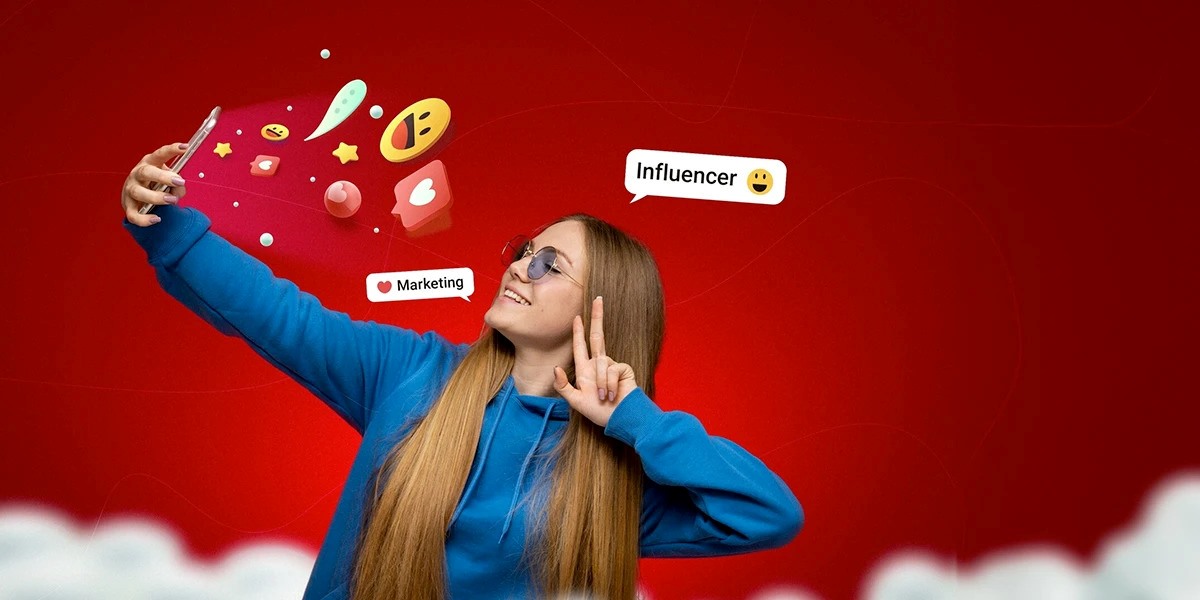Influencer Marketing: Unleashing the Power of Modern Marketing

In the digital era, the landscape of marketing has transformed dramatically, shifting from traditional methods such as television ads and billboards to more dynamic and interactive strategies. Among these, influencer marketing has emerged as a potent tool, fundamentally reshaping how brands connect with their audiences. This form of marketing harnesses the reach and credibility of influencers across various platforms to foster brand awareness, create authentic content, and drive engagement.
The Rise of Influencer Marketing
Influencer marketing is not merely a trend but a robust approach rooted in the age-old principle of word-of-mouth recommendations. However, in today's context, these recommendations are broadcasted through social media platforms, blogs, and other digital channels, reaching thousands, if not millions, of consumers. The essence of influencer marketing lies in its ability to leverage the trust and relationships that influencers have built with their followers. These influencers range from high-profile celebrities to micro-influencers who may have smaller followings but boast higher engagement rates.
Why It Works: The Psychology Behind Influencer Marketing
The effectiveness of influencer marketing can largely be attributed to its psychological underpinnings. People tend to trust personal recommendations more than traditional advertising. Influencers, being real people with real opinions, bridge the gap between a brand and consumers. When an influencer genuinely endorses a product, their audience is likely to perceive this as a trusted recommendation rather than a corporate advertisement.
Moreover, influencer marketing taps into the human propensity to emulate figures who are admired or relatable. This is particularly evident among younger demographics who spend considerable time on social media, where the line between personal and promotional content often blurs, making influencer endorsements feel more natural and less intrusive.
The Strategic Approach: Choosing the Right Influencer
One of the critical elements of successful influencer marketing is the alignment between the influencer's audience and the brand's target market. It's not just about the number of followers; it's about the match of values, interests, and demographics. Brands must undertake diligent research to find influencers whose followers mirror their ideal customers. This alignment ensures that marketing efforts reach the most receptive audience, enhancing the chances of conversion.
Furthermore, authenticity plays a significant role. Influencers who are selective about their partnerships and promote products that they genuinely use and believe in tend to maintain higher levels of trust with their audience. This authenticity translates into more effective endorsements and better outcomes for the brands they represent.
EXPLORE ALL TRAINING OPPORTUNITIES IN SALES, MARKETING & CUSTOMER SERVICE
Leveraging Technology for Enhanced Impact
Today, technology enhances the scope and effectiveness of influencer marketing through sophisticated tools for tracking engagement, reach, and conversion rates. Analytics tools can provide real-time data on how an influencer's content performs, allowing brands to tweak campaigns for maximum impact. Additionally, artificial intelligence and machine learning are being employed to match brands with the most suitable influencers, predict campaign performance, and even measure the sentiment of comments and interactions.
Challenges and Ethical Considerations
Despite its benefits, influencer marketing is not without challenges. The lack of transparency and potential for deception is a significant concern. Influencers and brands are increasingly held accountable for disclosing partnerships and endorsements clearly to maintain trust and comply with legal standards.
Moreover, as the influencer market becomes saturated, there is a risk of audiences becoming desensitized to endorsements, which could diminish the effectiveness of influencer marketing. To counter this, brands and influencers need to keep evolving their approaches, focusing on genuine and innovative content that can break through the noise.
The Future of Influencer Marketing
As we look to the future, influencer marketing is poised to grow even more sophisticated. With advancements in technology and more stringent regulations in place, the industry will likely become more transparent and authentic. This progression will not only protect consumers but also help marketers and influencers forge stronger, more meaningful connections with their audiences.
In conclusion, influencer marketing holds a transformative power for brands willing to engage with it thoughtfully and ethically. It's not just about selling products; it's about creating stories and experiences that resonate with consumers on a personal level. As such, influencer marketing remains a compelling element of modern marketing strategies, one that combines the art of persuasion with the science of digital analytics to unlock new possibilities in consumer engagement.
Share:
Διαβάστε Επίσης
Gig Economy – ή αλλιώς «οικονομία των περιστασιακών εργασιών»
Προσωποποιημένη και Ενοποιημένη Εμπειρία για τον Πελάτη
 Ελληνικά
Ελληνικά  English
English


